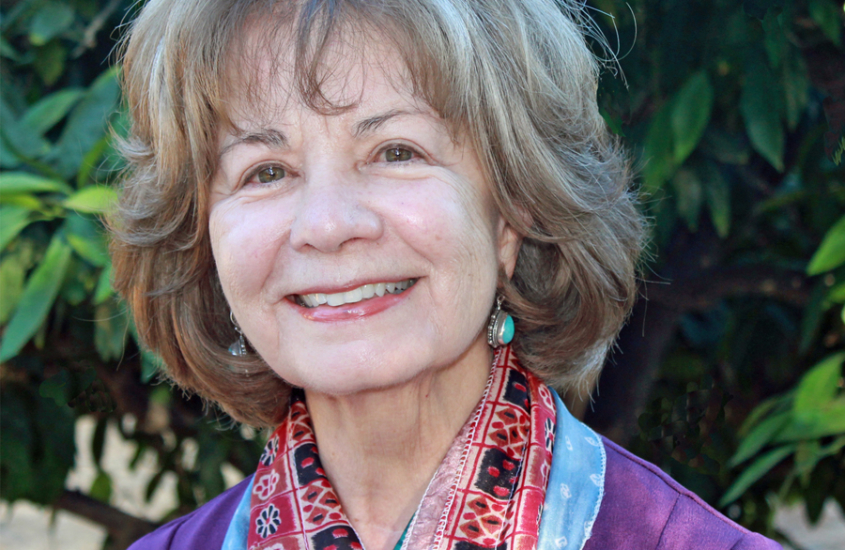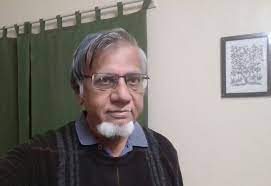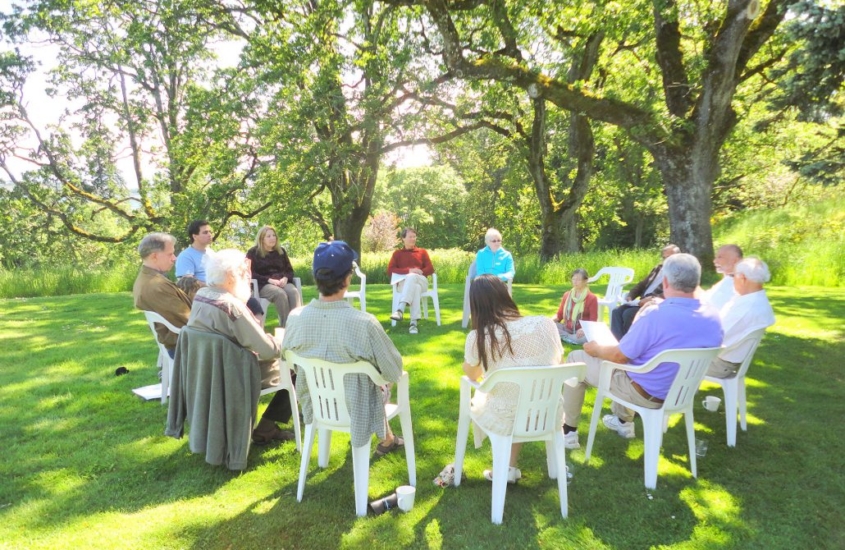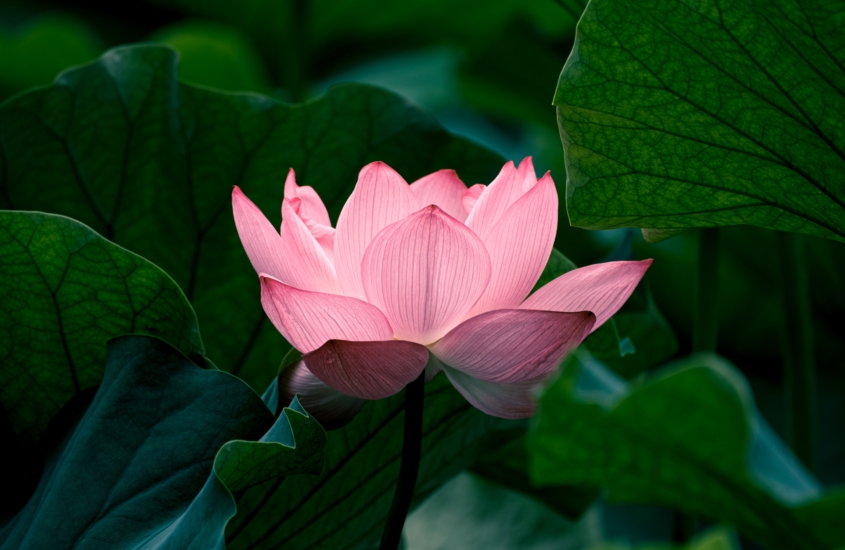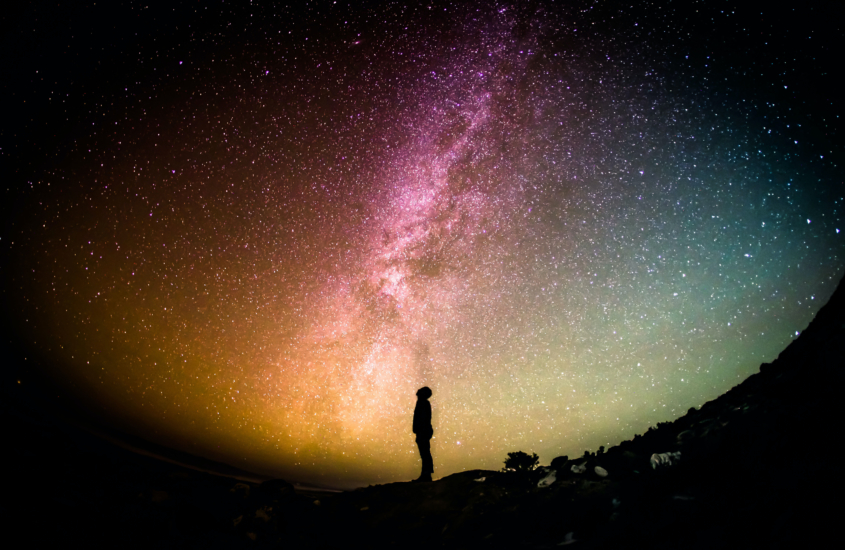Choiceless Awareness, Part 3, May 13, 2023
Choiceless Awareness Part 3:
The Necessity of Attention, Energy, and Relaxation
With Cynthia Overweg
Saturday, May 13, 2023
Zoom online
This was the third in a series of four presentations on the subject of choiceless awareness. There were a total of sixteen people present, including staff. Cynthia was online from Ojai, California. She began by pointing out that “choiceless awareness” was at the centre of all that Krishnamurti talked about, the central thread of many threads in the teachings. As for relaxation, K never spoke of it directly but, for Cynthia, it is very central and helpful in “practising” what K is pointing us to. She feels it is important to take regular relaxation breaks in one’s life and while considering deeply what Krishnamurti is sharing with us.
Relaxation, energy, and attention are aspects of awareness, awareness of the body, of the breathing, the emotions, and of what is going on around us. Awareness of tension brings relaxation, compassion, and understanding. The individual, according to K, needs abundant energy rightly directed. How does this come about? We need to see how we waste energy by resistance and conflict. When there is no movement, energy is at its height. Silence is a potent energy, quiet like the womb. Wordless observation is energy and non-observation is a wastage of energy, as is anything that divides. Pure energy cannot be sought after but it brings awareness of something sacred. It is attention that allows silence to come upon the mind, opening the “door of creation”. When there is attention all sorrow disappears, K has said.
Cynthia went in greater detail into the topics of attention, energy, and silence then offered a space for questions and comments from the participants. There were questions about belief and the importance of questioning and noticing our beliefs and assumptions, which disarms them. The tendency to give authority to the mind was discussed and the possibility of “getting out of the way” was spoken about by one group member. There was a good amount of exploration on the part of some and more silence on the part of others. Thanks and appreciation were expressed as the session was brought to an end.

